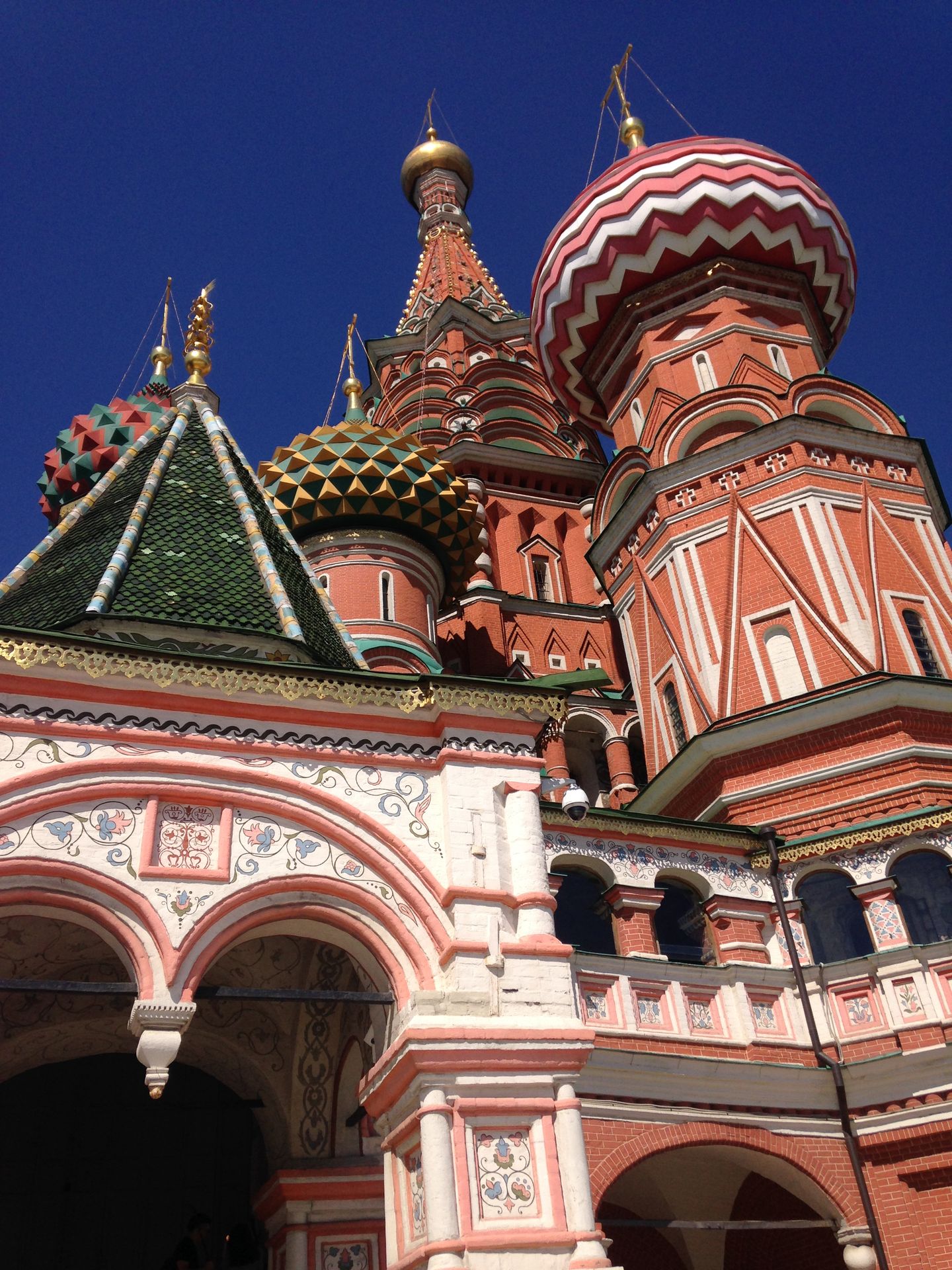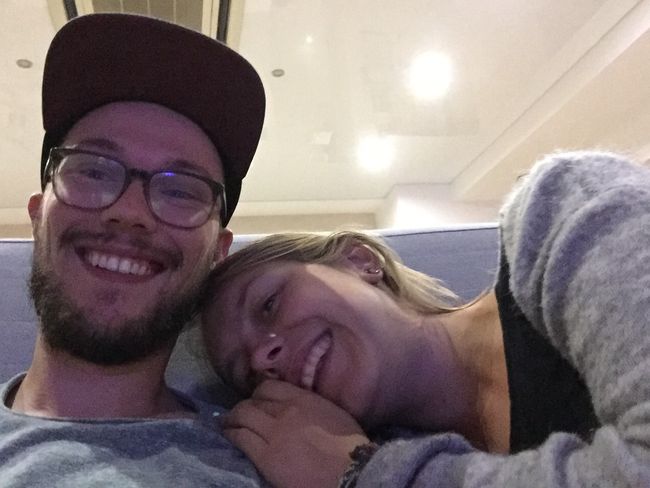Fourth section: On the sea that is not really a sea and the differences between the Dutch and Germans
Diterbitake: 12.09.2018
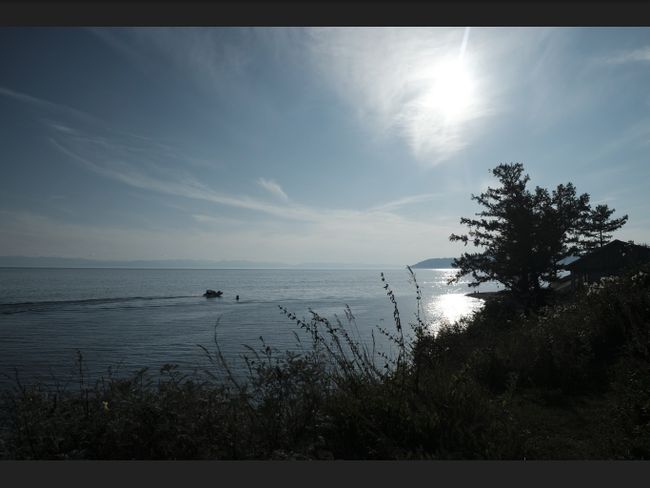
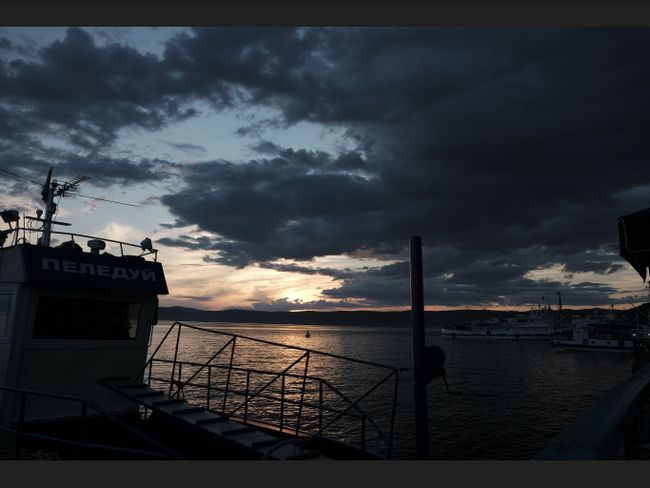
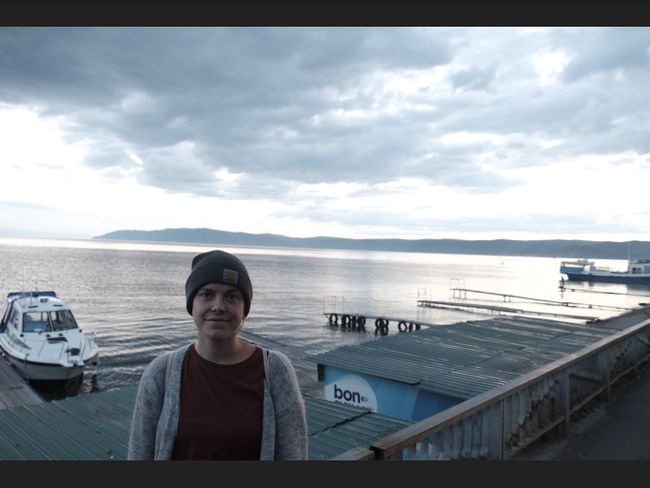
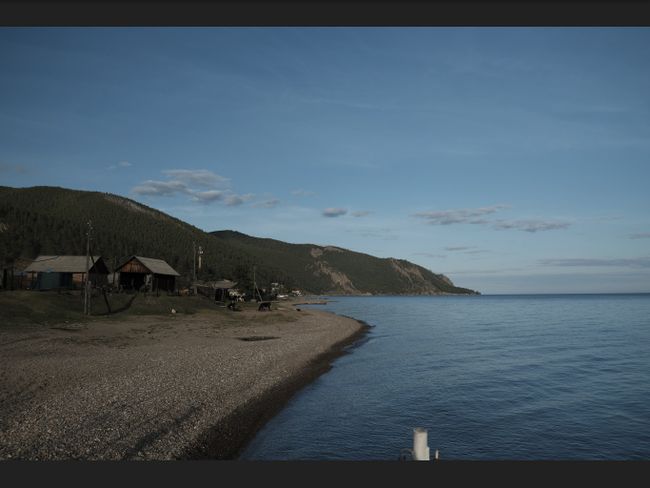
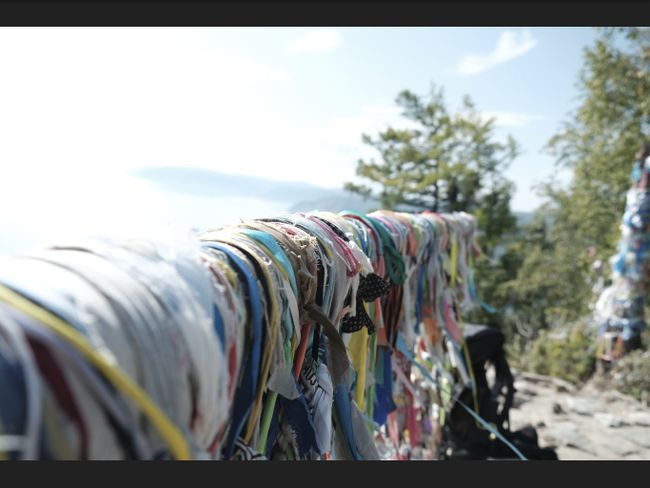
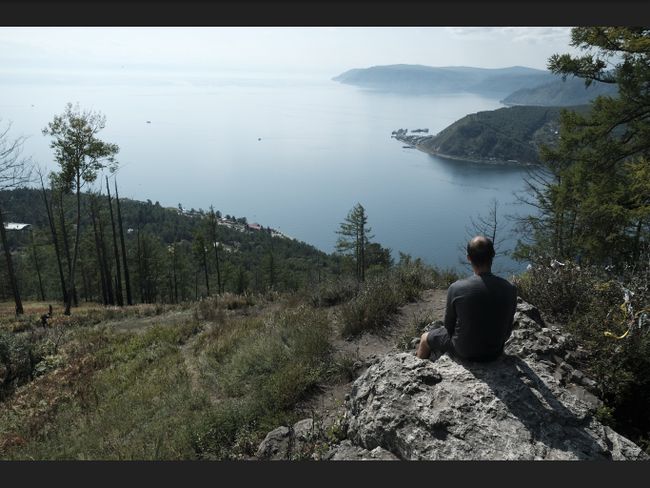
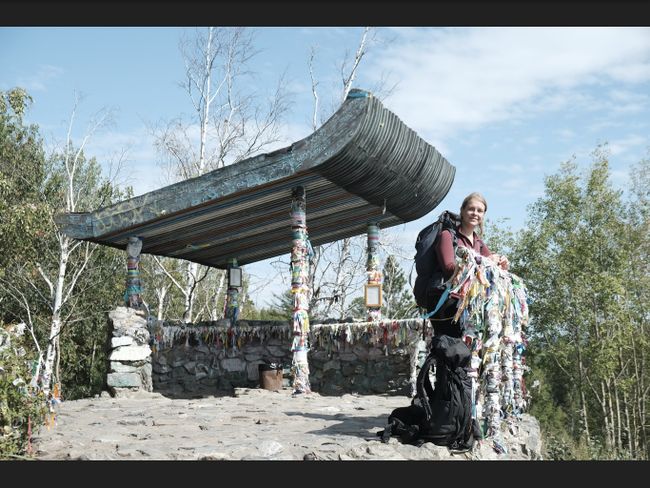
Langganan Newsletter
After the amazing time with Andrey and his family, we took the sleeper train for 36 hours to Irkutsk and from there to Listvjanka, a small village on the shore of Lake Baikal. To give you an idea of the scale: Lake Baikal is over 600km long and on average wider than 35km, which is as long as from Münster to Munich and wider than the English Channel. On a clear day, you can barely see the other side from the bank, and we never saw both ends because they were simply too far away. The water is incredibly clear, but also very cold, and the sunsets are phenomenal, the sun paints the sky in shades of dark blue, orange, and various shades of red. However, enjoying the sunset, for example, with good food, is much more difficult. Although Listvjanka has been transformed from a fishing village into a tourist town as the starting point of the Great Baikal Trail and a ski resort, there is not a single "normal" restaurant. There you can eat in a kind of kiosk with a terrace, where you mostly get fried rice with meat and carrots from a huge pan, and in addition various pre-packaged sandwiches and salads and a lot of beer and vodka. After we had chosen the most beautiful kiosk and enjoyed the sunset with rice and beer, a group of Russian lifeguards joined the neighboring table, one of whom challenged me to drink the rest of my beer faster than he could drink his. After losing the competition, the poorly English-speaking group joined us at the table and with the help of Google Translate and a lot of vodka, which I drank and Marie discreetly disappeared into the lake, we had a nice evening, despite the mediocre food. The next day we ventured on the first stage of the Great Baikal Trail. With 28km and more than 800 meters of altitude, this was the most demanding hike so far and a great opportunity to finally try out our cooking pot. After completing the first half with most of the ascents, a lot of sweat, and great views and picnic spots by the lake, we finally wielded the cooking spoon after 7 hours on the way to finally have a decent meal. 5 minutes before the ferry leaves at 5:55 p.m., we finally reached the nearest village. However, since the ferry was already full and the village is only accessible by car over the frozen lake in winter due to the lack of roads, a group of Russian hikers ordered a taxi boat for us and two other stranded hikers to bring us back to Listvjanka. The ride was simply beautiful, so it didn't matter that we couldn't take the ferry.
After looking at the local ski resort the next day, from where we had a perfect view of the Angara River, and swimming a mini lap in the much too cold lake, we drove back to Irkutsk, from where our flight to Mongolia was. Unfortunately, we couldn't take the Trans-Siberian Railway as we would have had to leave Russia one hour after our visas expired.
Since we had received a lot of homemade tea and apple chips from Andrey, we wanted to find out if it was allowed to take food into Mongolia. Result of the research: food is okay, but unlike Germans, Dutch people are not allowed to enter the country without a visa. It should be noted that the German passport is the second most powerful passport in the world after the Japanese passport, which entitles entry into 186 countries, which means that you can either enter visa-free or get a visa at the airport. The Netherlands ranks 4th with 184 countries. After meticulously taking care of visas for Russia and China beforehand, we had to realize one day before entering Mongolia that we (or René) could not enter without a visa there.
Since I couldn't call the Mongolian embassy in Germany with my Russian SIM card, I called my mom first. After a phone call with the embassy, she sent us to the Mongolian embassy in Irkutsk, where we walked with passport photos, the flight for entry and exit, which were not checked and therefore unfortunately unnecessary, and a reservation for a first hostel to the embassy. There, a very nice and very good English-speaking employee issued me an express visa within half an hour, which at $70 is still cheaper than a visa issued in Europe. Now much more relaxed, we went to the airport in Irkutsk, which is about the size of a Russian bus station and is really a joke. There are hard seats without a backrest, with such a short seat base that they are not suitable for sleeping, two souvenir shops, and a café where the only vegetarian option, besides bread with 4 different types of sausage, was instant mashed potatoes that you could buy as a 5-minute meal. And that's it. Since we were too stingy for a hotel and the check-in was at 6 a.m., we decided to spend the night there before we knew what the airport looked like. Moderately amusing affair: until 1 a.m., the hall was full of Chinese people who wanted to go to Beijing at 3 a.m., and who talked non-stop and bizarrely packed and unpacked suitcases full of bad Russian food because they had bought too much sausage, milk, and dry bread. It hardly got better after that. After the security check, you reach the check-in counter, which consists of a total of 6 counters, and then the only gate. There are two duty-free shops, each of which opens for 30 minutes before each flight but then immediately closes again. Since our flight was delayed, we spent most of the time in front of closed shops. When we saw our plane, mixed emotions broke out, Marie was horrified at how old and small the plane was and that it was also powered by propellers. I firmly believed that the Dutch plane, a Fokker 50, would safely transport us, despite any rational doubts. Once on the plane, both of us fell asleep directly due to lack of sleep and only woke up again in Mongolia. At this point, warmest greetings to my mom and thank you very much for your help :).
Langganan Newsletter
Wangsulan
